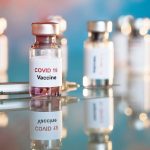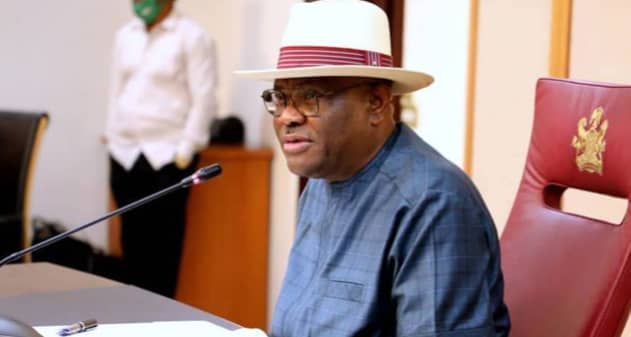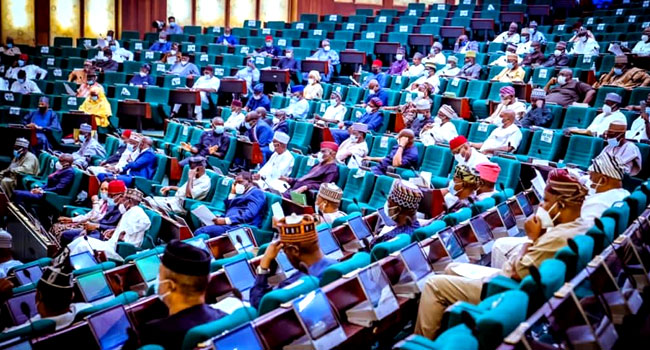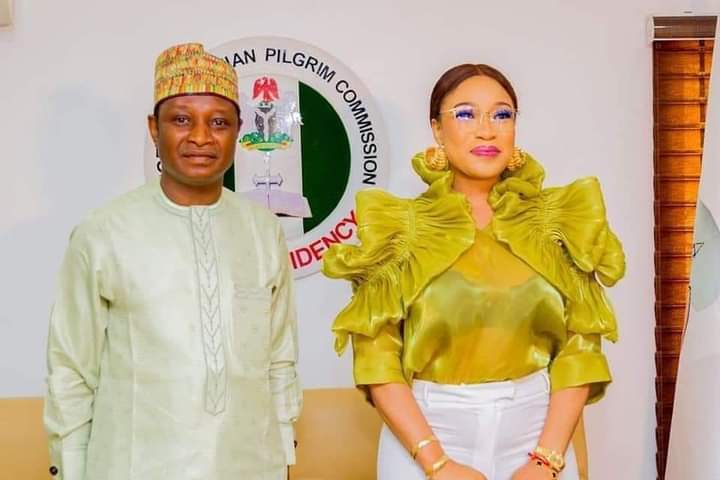Nigeria’s federal government on Monday said the expected delivery date of Covid-19 vaccines has shifted from February ending to April.
Minister of Health, Dr. Osagie Ehanire, at a sensitisation meeting on Covid-19 vaccines organised for Christian leaders by the National Primary Health Care Development Agency (NPHCDA), in conjunction with the Christian Association of Nigeria (CAN) in Abuja, said the vaccines would not start arriving until March or even April.
The federal government had earlier announced that it would receive the first batch of 100,000 vaccines the end of January.
It later shifted the arrival date to February due to what it described as manufacturing issues by the producing company.
NPHCDA Executive Director, Dr. Shuaib Faisal, had said on Sunday that the delay in the arrival of Covid-19 vaccines was because countries were negotiating price reduction, safety and effectiveness as well as the required logistics to stop ongoing community transmission of the virus.
“While the country appreciates the global effort through the COVAX facility to ensure low and medium-income countries like Nigeria have fair and equitable access to the Covid–19 vaccines, the delay in accessing vaccines means that eligible countries would have to explore all channels that can ensure fair prices, safe and effective vaccines for its populace,” he stated.
The latest shift in the arrival date comes as the Secretary to the Government of the Federation, Mr. Boss Mustapha, stated that the federal government will ensure that at least 40% of the country’s population is vaccinated before the end of the year.
Ehanire, at the sensitisation programme, said: “In order to ensure full benefits of vaccines, at least 76% of the population must be immunised.
“We have been working on strategies to procure these vaccines and I can say that from our activities so far, we have secured for the books up to 46% of the vaccines for eligible persons, although they will not start arriving until March or even April.”
Speaking on the challenges facing the introduction of the vaccines in the country, Ehanire said there is a groundswell of resistance, hesitancy or even hostilities, which the federal government is battling to deal with.
On the imminent health danger facing Nigeria with the second wave of the pandemic, the minister said the disease is no respecter of any kind of limits or boundaries.
“It discriminates according to age and state of health, but Covid-19 does not discriminate according to tribe or religion or place of origin. In the face of this threat to mankind, it is imperative that we gather as one people, with one voice to deliberate on how to save ourselves and use all means to survive,” he said.
Ehanire urged religious leaders to support the government’s efforts and to always verify the information they receive, especially through the social media and other sources so that people are not misled.
In his remarks, the SGF said the federal government is working on a plan to vaccinate 40 per cent of the population this year.
On the need for greater access to the vaccines, Mustapha said it behoves world leaders to ensure equitable distribution of the vaccines so that every country will have access to the vaccines, adding that until everyone is vaccinated, no one can be safe from the scourge.
He identified some of the challenges facing the efforts to contain the pandemic in Nigeria to include scepticism by the people, lack of compliance with COVID-19 health protocols, poor response to testing and inaccurate record of COVID-19 infection and casualty figures.
While welcoming participants to the meeting, Shuaib said traditional and religious leaders had played influential roles in previous vaccination campaigns, hence the need to partner them to ensure success in the current effort.
He urged religious leaders to help the federal government in checking misinformation on Covid-19 vaccines.
Mustapha said: “I would like to respectfully ask our religious leaders to actively challenge inaccurate and harmful messages that could threaten an effective public health response to the pandemic and encourage all communities to promote healthy living.
“As we fight the spread of disinformation and misinformation, I ask religious leaders to leverage your networks and communication capacities to support the government’s recommended public health measures — from physical distancing, use of a face mask to good hygiene — and to ensure that faith-based activity, including worship, religious ceremonies and burial practices, comply with these measures.”
CAN President, Rev. Samson Ayokunle, enjoined church leaders to sensitise their members to adhere strictly to all measures approved by the government to tackle Covid-19, including non-pharmaceutical measures and vaccines.
He said: “We should not be myopic and allow this virus to cut short our dreams. It is not good to show reckless confidence as being done by some faith leaders that Covid-19 is non-existent and that it is not for Christians. We have seen Christians very close to us who were hit by the wave of Covid-19 and you cannot say that they were all sinners.
“If you love your congregation, this is the time to teach them restraint; that is the way of wisdom. If COVID-19 is a joke, why is it killing people in advanced nations where they have strong health infrastructure? Britain and America are under the siege of Covid-19.”
AriseNews








